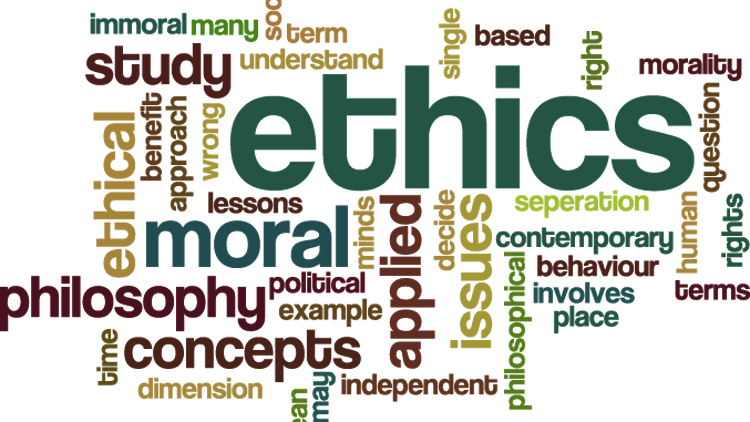PHI 117 - Foundations of Ethics
Foundations of Ethics, Philosophy 121, addresses foundational issues in the field of moral philosophy known as "metaethics." The course has two goals: first, to introduce you to some of the major metaethical theories, issues, and debates of the past 100 years; and second, to help you develop your philosophical and analytical skills.
Faculty: David Copp
Units: 4
Prerequisites: At least one course among PHI 114, 115, 116, 101 or 137 is recommended.
Quarters: Fall
Description
Metaethics encompasses four or five central issues:
Are there moral or ethical facts, facts about how we ought to live our lives?
- If there are such facts, are they “objective” in any interesting sense?
- If there are such facts, how do we know about them?
- If there are such facts, do we have good reason to take them into account in deciding what to do?
- If there are not any such facts, then what?
To address these issues, we need to consider a range of more specific questions. What do moral terms like "good" and "morally right" mean? Do moral predicates ascribe moral properties to things, and do moral judgments represent the world as being a certain way? Are there moral properties? If so, what are they like? Are they natural properties or are they of some special non-natural kind? Are they relational properties? Is relativism true? How do these issues about morality bear on issues about our rationality? The questions raised in this course are fundamental to understanding our own thoughts about how to live our lives.
